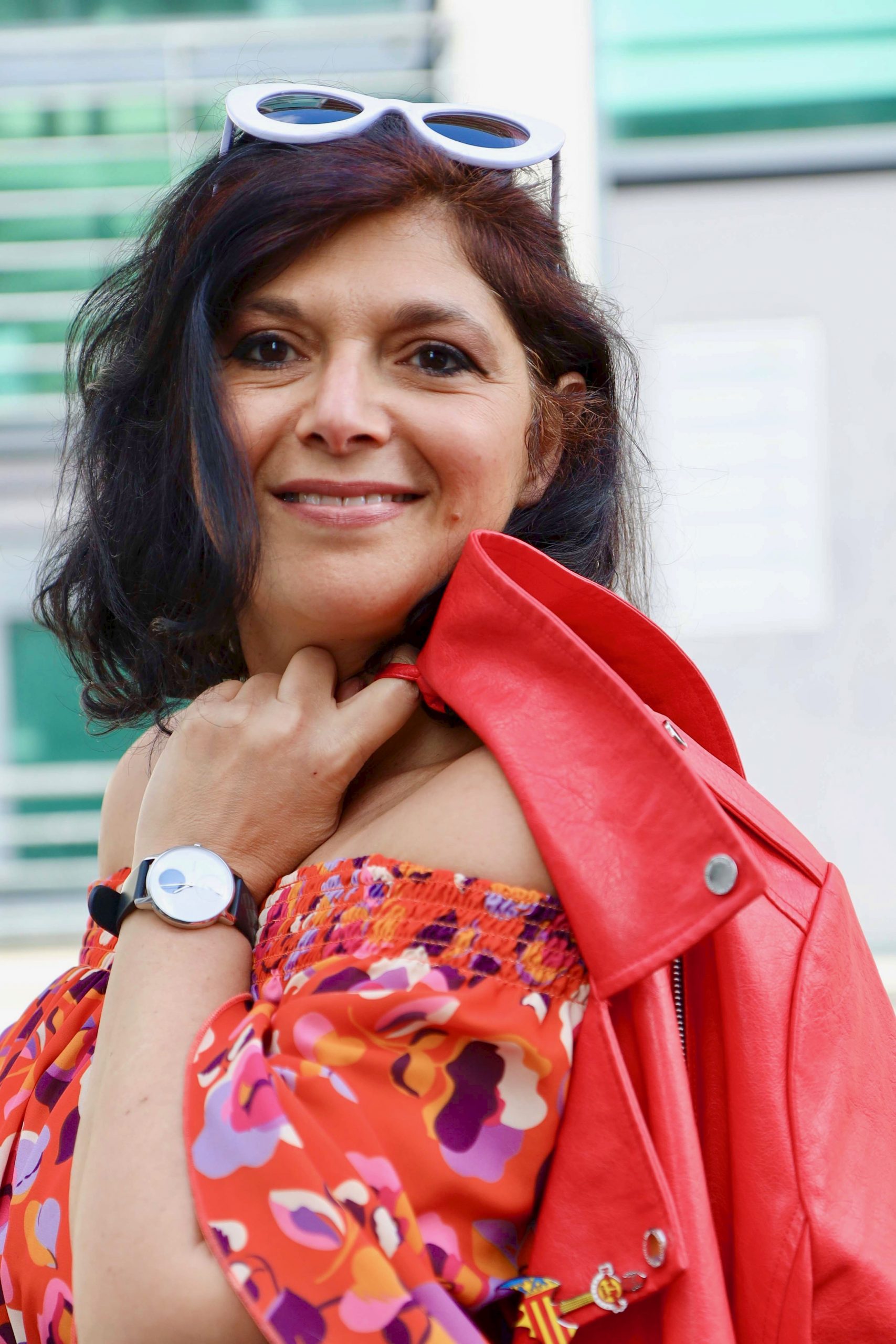During prenatal scans almost 15% of parents may be misinformed about whether their twins are identical or not, says a new study from UCL. The research highlights the difficulties associated with determining whether same-sex twins are from one egg or two, and therefore whether they are identical or non-identical.
The team, led by Dr Clare Llewellyn of UCL’s Health Behaviour Research Centre, examined data from the Cancer Research UK ‘Gemini’ study, a birth cohort of 2,402 families with twins born in England and Wales in 2007. They asked parents of same sex twins (1,586) if they knew whether their twins were identical or not and how they discovered that information. The research was published in BJOG: An International Journal of Obstetrics and Gynaecology last week.
Co-author Professor Jane Wardle, also of UCL’s Health Behaviour Research Centre, said: “Finding out if your twins are identical or not is important to parents. However our data suggests that there may be a lack of knowledge among some health professionals about both identical and non-identical twins having two placentas.”
In the study the majority of parents (1,302/82%) reported that they had been given the information by health professionals based on the formation of the placenta as seen on the prenatal scan. As part of the Gemini data collection, all parents completed a questionnaire when their twins were on average just over 8 months old. This questionnaire asked about the children’s height, eye colour, hair colour and overall confusability and has been found in a previous study to correctly determine whether twins were from one egg or two in 95% of cases.
The researchers found that out of the 1,302 parents, 191 (14.7%) were misinformed about whether their same sex twins’ were either identical or non-identical.
In addition, 38% of parents said they were told after an antenatal scan that their twins shared a placenta and were therefore identical while 62% of parents were told their twins were non identical as they had two placentas. However 25-30% of identical twins can have two placentas say the researchers. If the zygote splits within two days of fertilisation, separate placentas develop.
“Parents have the right to the relevant information if it is available. However most parents will understand that it is not always possible to give a specific answer,” said Professor Wardle.
John Thorp, BJOG Deputy-Editor-in-Chief, said: “This paper highlights the uncertainty that can exist in finding out whether same sex twins are identical or not. Additional training may be required for health professionals to avoid giving out the wrong information to parents.”
Twitter @uclnews

Monica Costa founded London Mums in September 2006 after her son Diego’s birth together with a group of mothers who felt the need of meeting up regularly to share the challenges and joys of motherhood in metropolitan and multicultural London. London Mums is the FREE and independent peer support group for mums and mumpreneurs based in London https://www.londonmumsmagazine.com and you can connect on Twitter @londonmums



